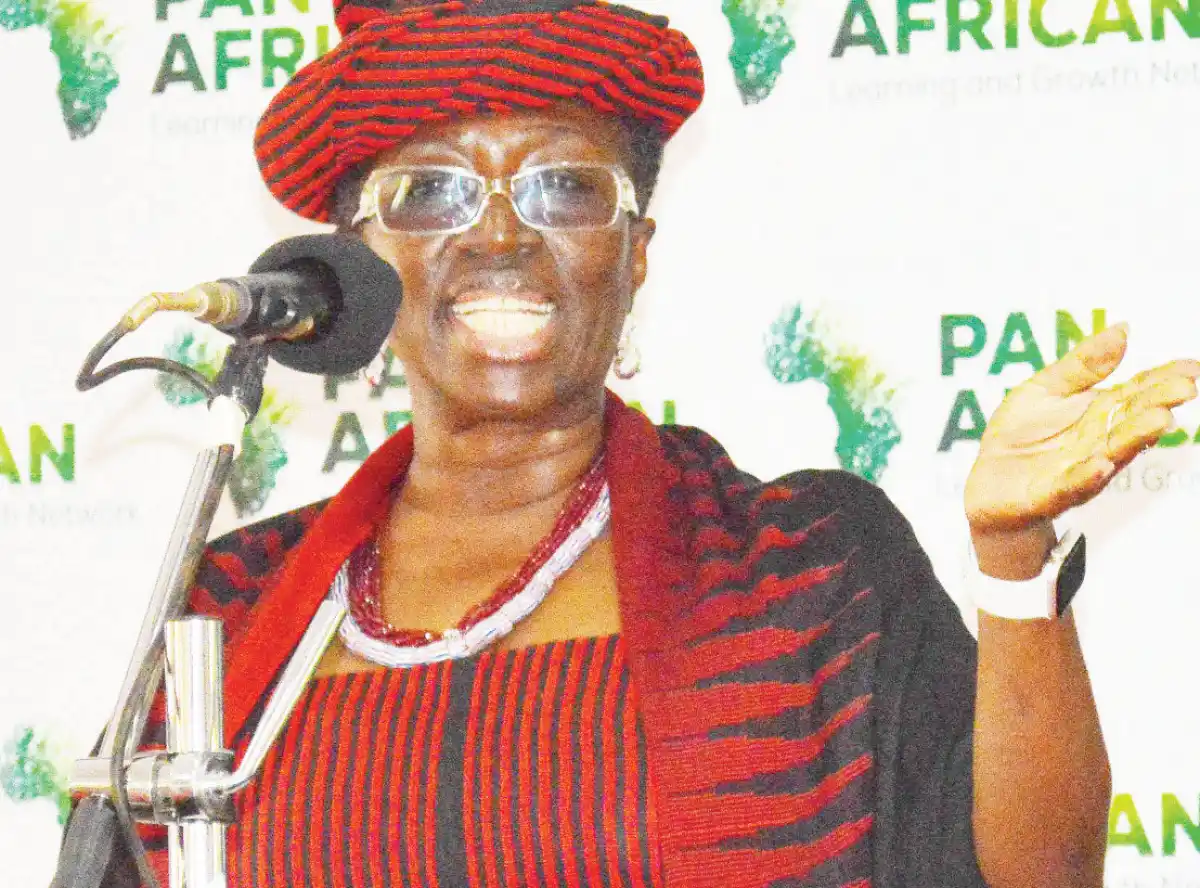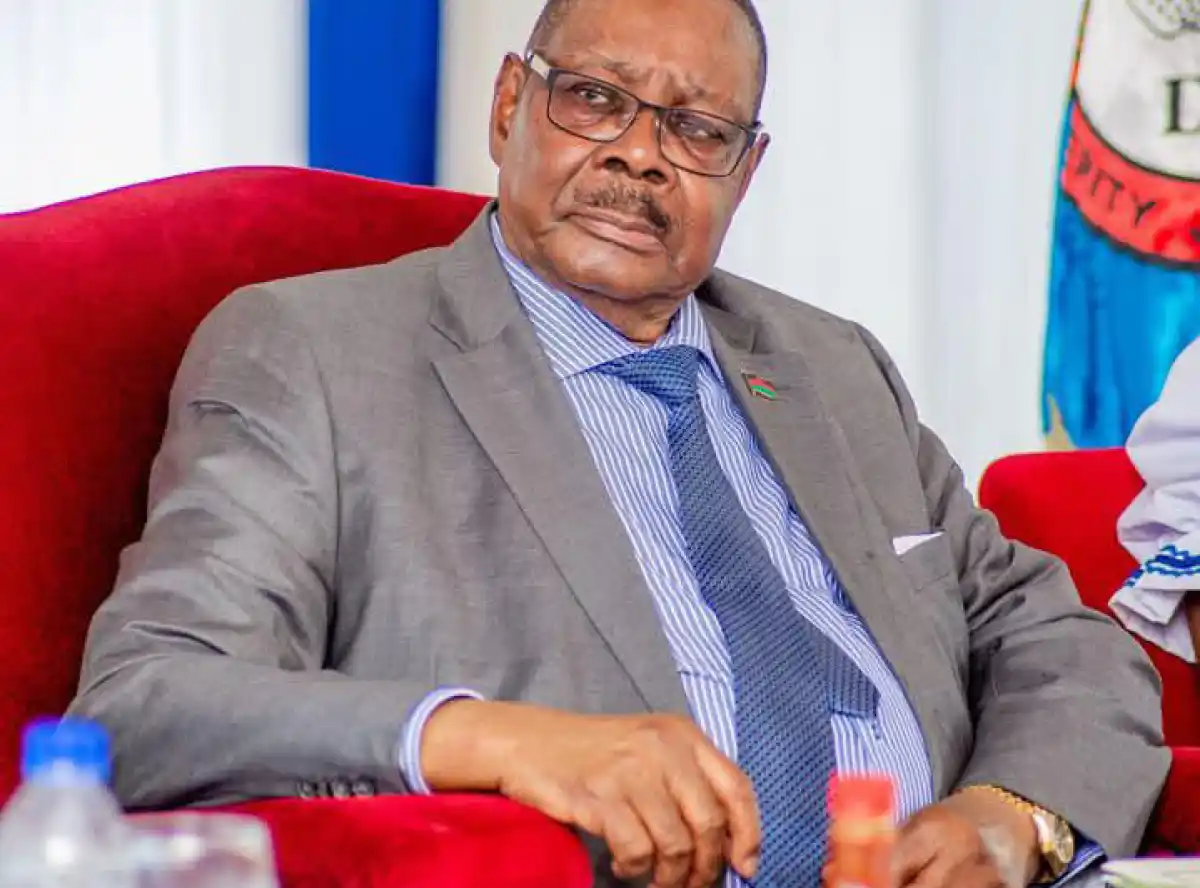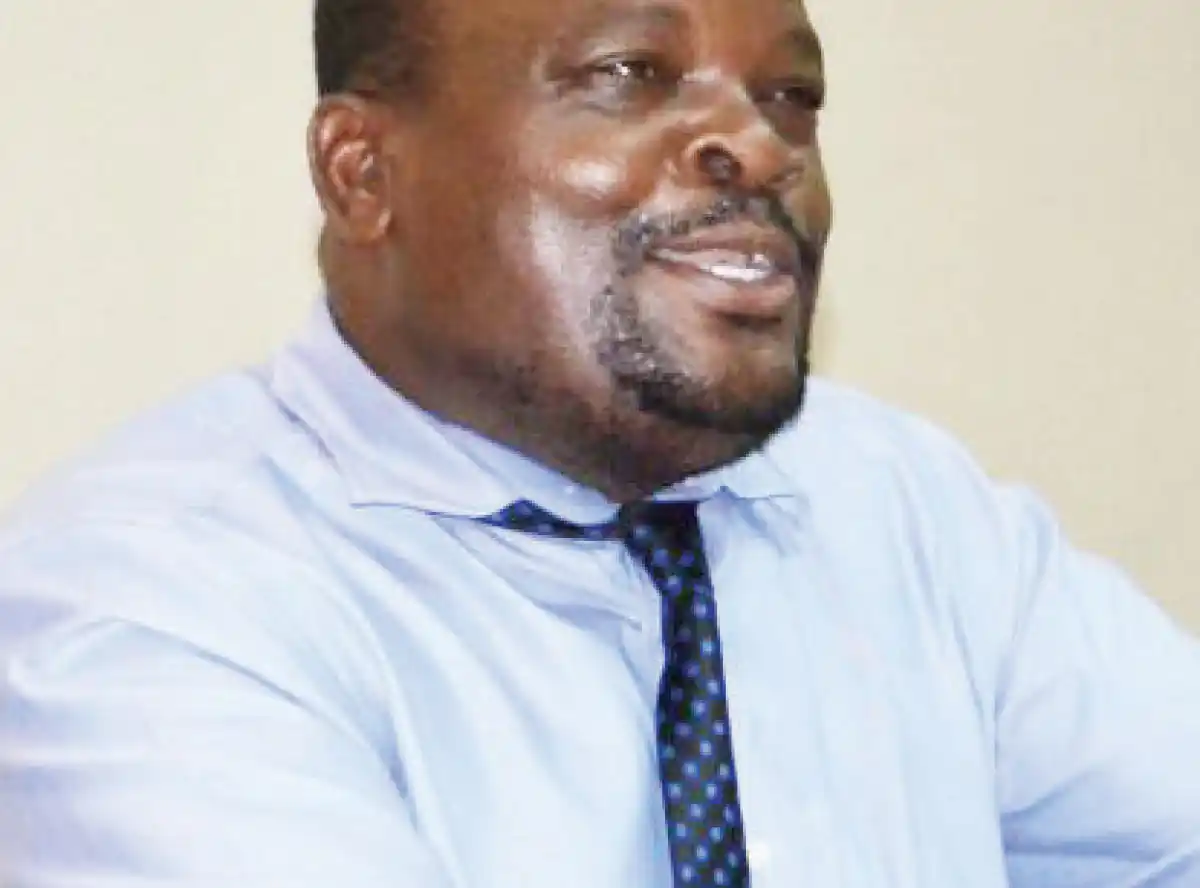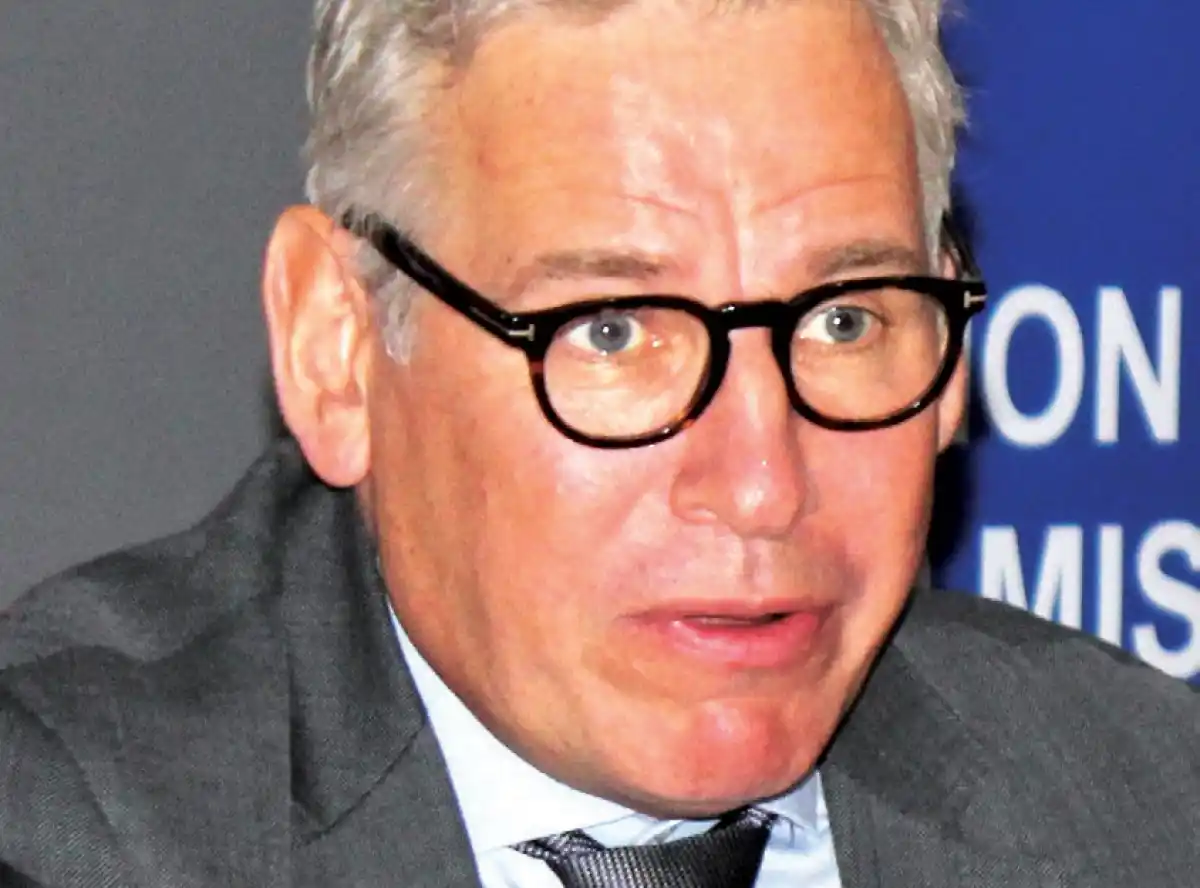
The United Nations (UN) Thursday celebrated 60 years of partnership with the government and people of Malawi with a strong message to the citizenry, especially the youth, to play an active role in development efforts.
In a statement Thursday, UN Resident Coordinator Rebecca Adda Dontoh said today’s youths are not just the beneficiaries of development, but the drivers of change.
According to Adda Dontoh, as climate change continues to pose significant risks to Malawi’s agriculture, livelihoods and communities, the role of young people in climate action has never been more critical than now.
“For 60 years, the United Nations has stood alongside Malawi in its pursuit of economic transformation, sustainable development, resilience, sustaining peace and communities and progress.
“From responding to natural disasters to promoting public health, education and a national peace architecture, our partnership has been instrumental in addressing challenges and seizing opportunities. As we look to the future, we remain steadfast in our commitment to support Malawi in building a more inclusive, sustainable and prosperous society,” she said.
According to the UN, under the new United Nations Sustainable Development Cooperation Framework (UNSDCF) for 2024-28, young people are central to its agenda.
The framework emphasises strategic pillars aimed at promoting sustainable, diversified and inclusive growth; strengthening institutional governance; ensuring sustainable investments in human capital development; and adapting to climate change, reversing environmental degradation and supporting energy transformation.
“The UN calls on Malawi’s youths to take a leading role in building a more resilient and prosperous future. Whether through innovation in green technologies, entrepreneurship, peacebuilding or community-led climate initiatives, young people have the power to transform their communities and the nation at large.
“By embracing sustainable practices and promoting inclusive development, the youth can help ensure that no one is left behind in Malawi’s journey towards prosperity,” the UN says.
It adds that together, with the energy and dedication of Malawi’s youths and in partnership with the government, civil society, academia, the media, development partners and the private sector, the UN stands ready to step up its support in addressing challenges ahead.
“We must unite our efforts to ensure a better, more sustainable future for all people in Malawi,” the UN says.

Addressing the United Nations General Assembly in New York, United States of America, last month, President Lazarus Chakwera underscored the need to act with urgency in fixing and reforming the UN and other multilateral institutions.
Chakwera said one fix that Africans demanded was that the UN should embrace democracy in the Security Council by giving Africa two permanent seats with veto power.
According to Chakwera, the efforts by Malawi and other African countries to move forward in fifth gear were being slowed down by a global system of multilateral agencies and financial institutions that were too slow, too inefficient, too monolithic and too undemocratic for the kind of speedy and tailor made interventions that Malawi needed.
“As a result of our refusal to practice the democracy of equal representation here in the UN, our calls for member states to practice democracy in their own jurisdictions are beginning to fall on deaf ears.
“As a result of our refusal to honour climate financing pledges or link them to debt relief, the debt-to-GDP [gross domestic product] ratios in developing countries like Malawi are growing at an alarming rate, posing a significant threat to global financial stability,” Chakwera said.
Over the past six decades, the UN has supported Malawi in tackling some of its most pressing issues, including poverty, food insecurity and public health challenges.
In 2023 alone, Malawi faced a 131 percent increase in acute food insecurity and the UN provided food assistance to 2.5 million people, helping to alleviate hunger and suffering.
At the same time, Malawi achieved over 90 percent routine immunisation coverage for children under one year, reduced by more than 70 percent new HIV infections from 2010 to 2023, and substantially increased coverage of HIV treatment to over 90 percent of people living with HIV, ensuring the future health and well-being of its youngest citizens.
Malawi joined the UN in 1964 just months after attaining political independence.








0 Comments